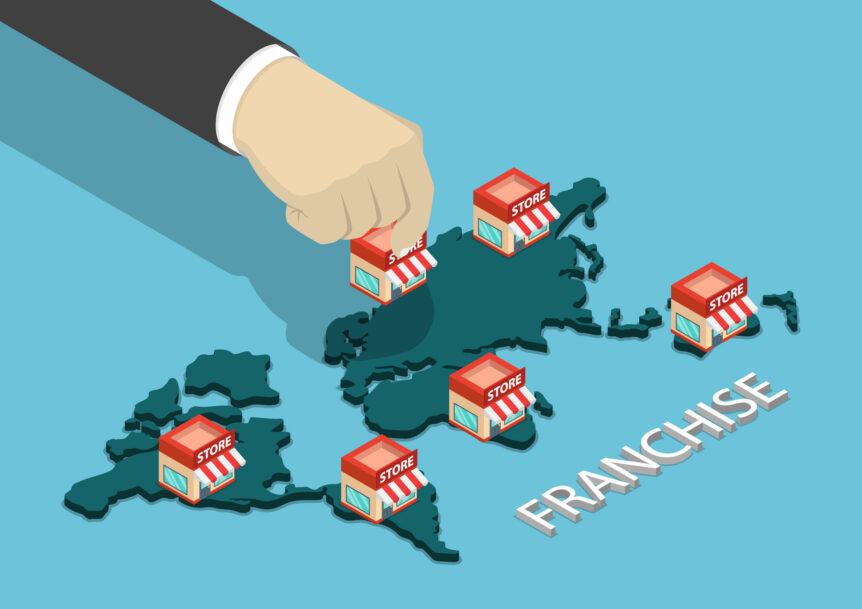Owning your own business is a dream for millions of people. The process involves the accumulation of all the resources and legal documents. Therefore, owning and establishing your brand can be demanding and back-breaking. Amongst many options, starting a franchise is a great way to become an entrepreneur in any business.
Franchising is a flexible business model. A franchise can be categorized into different types depending on investment level, franchisor’s strategy, marketing, relationship models, and operations.
Here are five popular types of franchises and everything you need to know about each kind before starting your franchise:
Job-Franchise
A job franchise is often a home-based venture that enables people to begin a small franchised business after paying franchise fees. It is a low-investment franchise that needs minimal equipment, limited stock, and a vehicle (sometimes).
Following are the diverse range of services that can operate under the job franchisee:
- Travel agency
- Real estate service
- Cell phone accessories and repair
- Corporate event planning
- Shipping service
- Residential lawn care and pool maintenance
- Commercial and domestic cleaning
- Plumbing and draining services
- Coffee van
- Children’s services
Product Franchise
Product-driven or distribution franchises are based upon the supplier-dealer relationship. Here, the franchisee distributes the franchisor’s or parent company’s products and related services. The parent company only licenses its trademark to the franchisees and does not provide the entire business system. Industrialists dealing with large products predominantly undertake product franchises. Such products include:
- Cars and car repair parts
- Vending machines
- Computers
- Bicycles
- Appliances
Sometimes a franchisor licenses some part of the manufacturing process along with distribution rights, like in the case of Pepsi and Coca-Cola.
Business Format Franchise
For a layperson, a business format franchise is a typical example of the franchising industry. The franchisee operating under business format ideally gets the license to run the entire business system and market its products or services. The franchisor provides complete plans and procedures and initial and ongoing training and support on every aspect of the business. Some examples of such franchises are:
- Restaurants and fast food
- Retail
- Fitness
- Business services
Investment Franchise
An investment franchise is a large-scale business that requires huge capital investments. The franchisee invests a significant amount of funds and other resources. An investment franchisee often engages their management team to operate the business activities and produce a return on investments and capital gain on exit. Examples of such franchises are:
- Hotels
- Large restaurants
Conversion Franchise
Conversion franchising is a hybrid or modified system of standard franchise relationships. The franchisee adopts the franchisor’s trademarks, marketing, and advertising programs, training, and critical client service protocols. The parent company experiences rapid growth and increases procurement savings. The franchisee also benefits from franchise units by gaining the strength and support from an established brand. Examples of conversion franchise are:
- Real-estate brokers
- Florists
- Professional services companies
- HVAC
About FranVice
If you are thinking about commencing a franchise business, FranVice should be the one-stop destination for you. From finding funds to choosing the right franchise type and finally making the purchase, we will help you through every step of the process. You can reach out to us at 978-728-9211 or fill our online contact form to know more.

